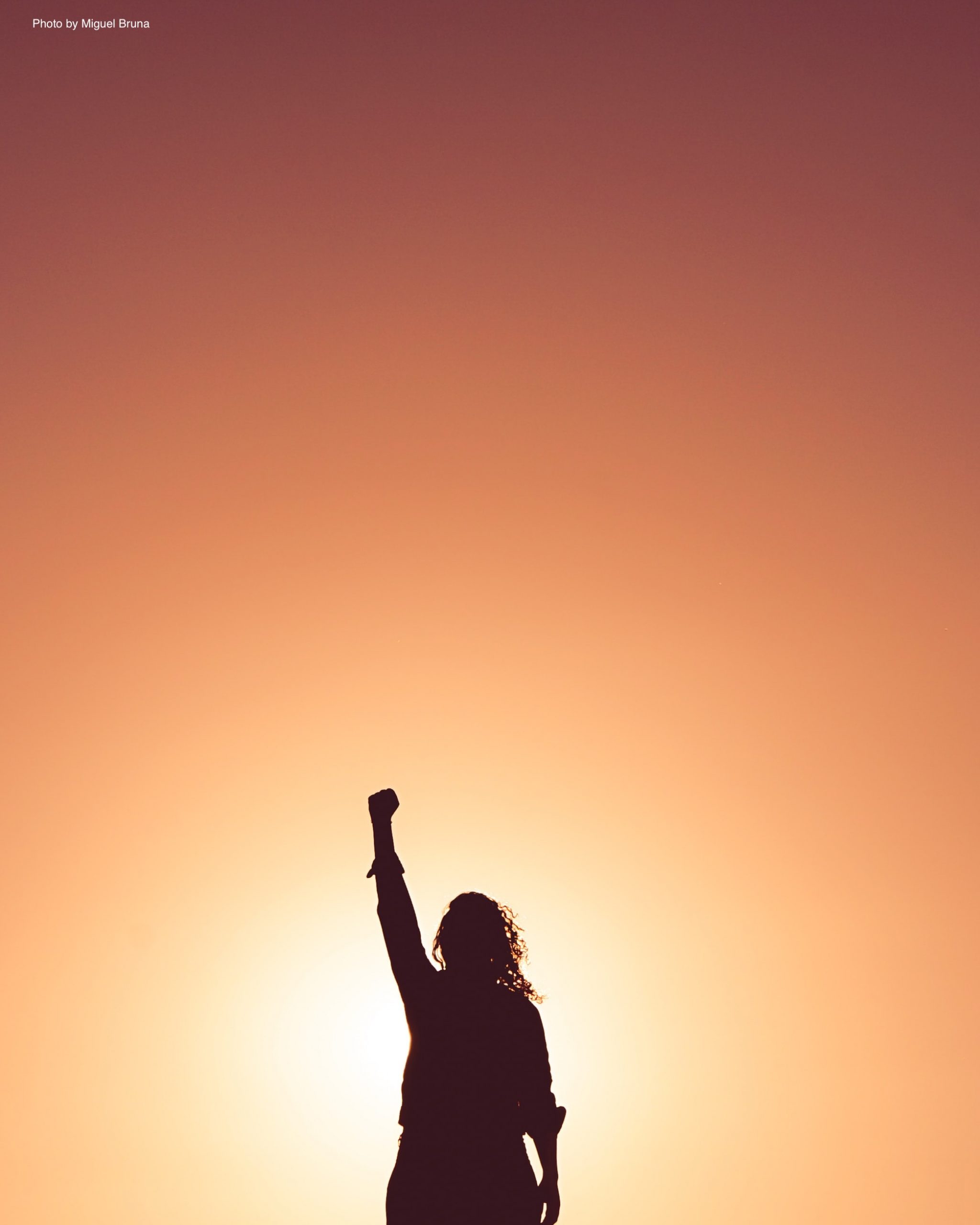When was the last time you took a moment to observe yourself? To notice where your thoughts lead you, and whether you see the glass as half full or half empty?
The quality of your relationships, of your life, is influenced by the lenses through which you view the world – those of the Victim or those of the Accountable. You hold both, as we all do. Which one do you feed the most from day to day? Observe. Don’t judge. Victimhood is learned, and it is there for a reason. Perhaps it’s the Ancient Brain, trauma, a way of coping, or a means of getting attention. It has its payoffs: the comfortable illusion of being safe, the right excuses for not taking any risks, and/or a constant flow of attention.
However, no matter how tempting the ‘benefits’ of victimhood are, they will keep you from experiencing life to its full potential. In this state, you will often question why you feel a sense of missing out, or a lack of focus, but you won’t be able to arrive at a solution.
The counter to Victimhood is Accountability: taking responsibility for your own life in a way that takes you away from feeling powerless and towards feeling Empowered.
Become aware of and grow your inner Observer. I don’t advocate for toxic positivity, which often aims to avoid suffering and the processing of emotions. I saw a lot of that in my experience as a yoga teacher. Instead, I believe in the conscious choice of staying with WHAT IS – regardless of what you feel in the moment, and that includes the positive. Research shows that if something good is happening to us in the morning, in the afternoon that feeling will wind down. However, if something negative happens to us, our minds will stay with that for days or weeks. Teaching our mind to stay with the feeling of accomplishment is as important as staying with the uncomfortable. Balance is the key.
The mind is a powerful tool. It is a part of us, not separate from us, and can serve us. But, it will use us if not trained properly. When we are young, we learn what we can do with our hands and legs and how every part of our body contributes to meeting our needs. We should train our brains in the same way as we do our hands to write, to create amazing things.
If you are interested in training your mind, here are a few tips that may help you to do so:
- Practice mindfulness in the context of self-compassion. This means being aware of your painful experiences in a balanced way that neither ignores and avoids, nor intensifies painful thoughts and emotions.
- Do something new every day. Go to work on a different route, learn a new word, be creative. Explore new ways and blow up your existing algorithms.
- If something good happens, don’t move on from it so quickly. Stay with that feeling and celebrate a bit longer.




